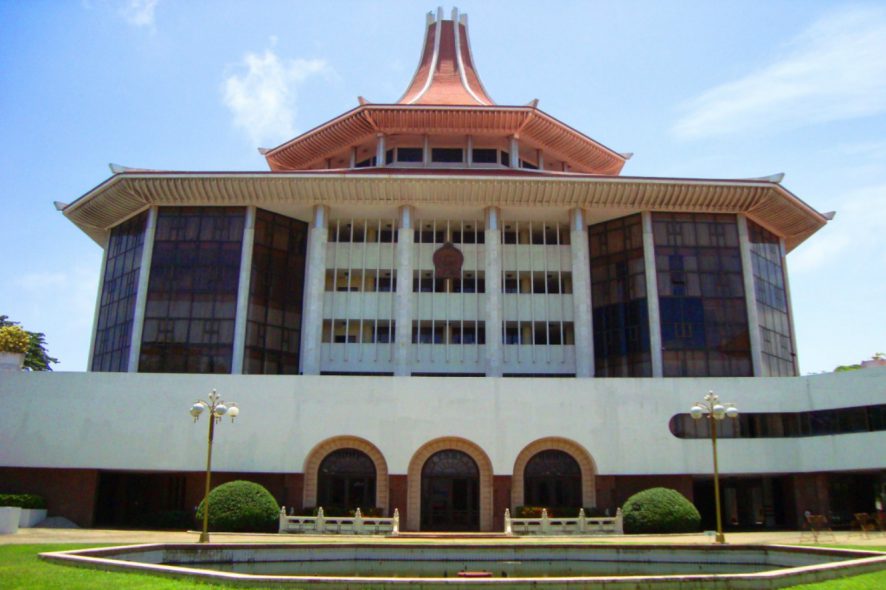Supreme Court of the Democratic Socialist Republic of Sri Lanka: A Full Bench of Buwaneka Aluwihare, Priyantha Jayawardena and Murdu N. B. Fernando, JJ., dismissed an appeal which was filed on the ground that the High Court Judge had erred in attaching liability to the defendant to pay damages.
The original action in the High Court was filed in order to recover damages with legal interest from the defendant-appellant for breach of contract. The defendant had entered into an agreement with the Commissioner-General of the Department of Educational Publications in the Ministry of Education (hereinafter “Commissioner-General”) to print several school textbooks and the parties had agreed to print the whole order for a specific amount within a specified deadline. The contention of the Plaintiff was that the defendant had failed to meet the deadline and complete the order and whatever part of the order was complete even that was delivered after the specified deadline because of which the Commissioner General was compelled to commission three other printing agencies to print the remainder. Exercising rights stipulated in clauses (15), (21) and (23) of the Agreement the Commissioner-General, on behalf of the State, sought to recover the damages as it was the defendant’s default that had caused additional expenses. Having failed to secure the recovery by way of a letter of demand, the Attorney General had instituted an action in the High Court, where the Court had answered all the issues raised in favour of the plaintiff. The counsel for the defendant-appellant had submitted that the facts of the case were not disputed but he only wished to canvass the conclusions reached by the trial Judge, the defendant had contended that the Agreement was terminated by mutual consent and not pursuant to a breach basing their arguments on the conduct of the plaintiff such as not serving notice to show cause, not blacklisting the defendant, awarding subsequent contracts and making payments without any deductions in the form of a penalty but there was stark paucity of any evidence and the High Court had held that the defendant had failed to substantiate their position that they were not in breach of the agreement.
The Court while dismissing the appeal explained that they agreed with the Judgment of the High Court as the defendant-appellant had neither produced evidence establishing that they had not fulfilled their obligations nor had they controverted the evidence led by the Plaintiff to this effect. [Tisara Packaging Industries Ltd. v. Attorney General, SC CHC Appeal No. 17 of 2010, decided on 18-10-2019]






